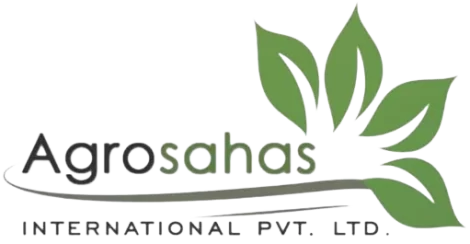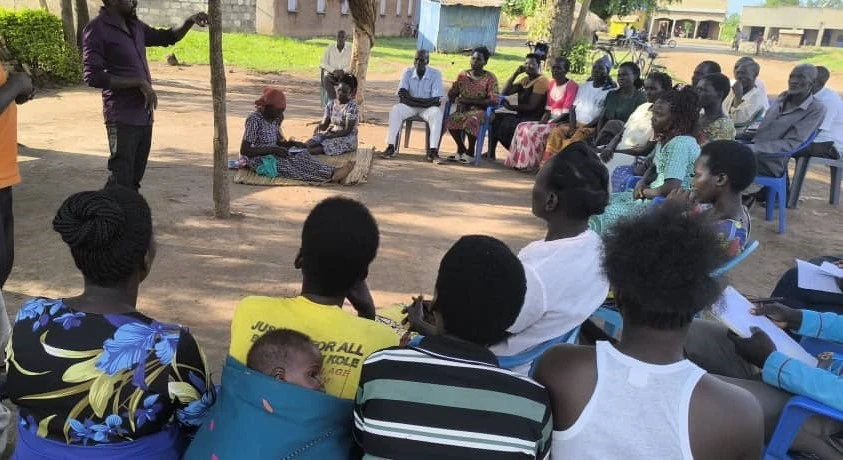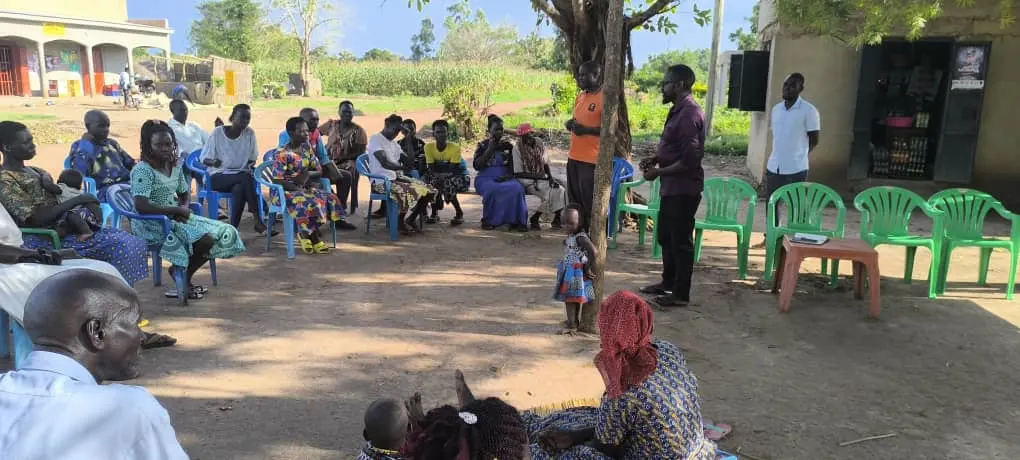As Agrosahas International PVT LTD continues to grow, the challenge of scaling its impact sustainably becomes more critical. Scaling in sustainability involves expanding operations and influence without compromising environmental and social standards. This blog will delve into effective scaling strategies, ensuring that growth is both scalable and sustainable.
What is Scaling in Sustainability?
Scaling in sustainability refers to the process of expanding a business or project while maintaining its commitment to environmental, social, and economic sustainability. It ensures that growth does not lead to negative impacts on the planet or communities. For Agrosahas, this means enhancing agricultural practices, supporting smallholder farmers, and promoting sustainable food systems without depleting natural resources or harming the ecosystem.
What is a Scaling Strategy?
A scaling strategy is a comprehensive plan that outlines how an organization can grow its operations and reach more people while maintaining quality and efficiency. For Agrosahas, a successful scaling strategy involves:
- Market Expansion: Identifying new regions and markets where Agrosahas can introduce its sustainable agricultural practices and products.
- Technology Integration: Leveraging advanced agricultural technologies and data analytics to improve productivity and sustainability.
- Partnership Development: Collaborating with other organizations, governments, and stakeholders to expand reach and impact.
- Resource Management: Ensuring the efficient use of resources to support long-term growth and sustainability.
How to Scale Sustainably?
Scaling sustainably requires a balance between growth and maintaining environmental and social responsibilities. Here are key steps to scale sustainably:
- Adopt Sustainable Practices: Implement eco-friendly farming techniques, such as precision agriculture, organic farming, and water conservation methods.
- Invest in Renewable Energy: Utilize solar, wind, or other renewable energy sources to power operations, reducing carbon footprint.
- Enhance Supply Chain Efficiency: Streamline the supply chain to reduce waste, improve logistics, and ensure the ethical sourcing of materials.
- Support Community Development: Engage with local communities to create job opportunities, support education, and improve living standards.
- Monitor and Evaluate: Regularly assess the environmental and social impacts of scaling activities to make necessary adjustments.

What Does Scalable and Sustainable Mean?
Scalable means that a business or project can grow and expand without encountering insurmountable obstacles. It involves being able to handle increased demand and operations efficiently.
Sustainable means that growth is achieved without depleting resources or causing harm to the environment and society. It focuses on long-term viability and responsible stewardship of resources.
For Agrosahas, being scalable and sustainable means developing agricultural practices that can be widely adopted by farmers while ensuring environmental conservation and social equity.
What is the Upscaling Strategy?
An upscaling strategy involves expanding successful practices and innovations to a broader audience or larger geographical area. It is about taking proven solutions and implementing them on a larger scale. Agrosahas’ upscaling strategy includes:
- Replication of Success: Identifying successful projects and practices within the company and replicating them in new regions.
- Capacity Building: Training and empowering more farmers and local communities to adopt sustainable practices.
- Policy Advocacy: Working with policymakers to create favorable conditions for sustainable agriculture and scaling.
- Leveraging Technology: Using digital platforms and tools to reach a wider audience and improve operational efficiency.
- Securing Funding: Attracting investment and funding to support scaling initiatives and ensure financial sustainability.
Implementing Agrosahas’ Scaling Strategy
To effectively implement its scaling strategy, Agrosahas focuses on several key areas:
- Market Research: Conducting thorough market research to understand the needs and challenges of new regions and tailor solutions accordingly.
- Innovation Adoption: Continuously adopting and integrating new technologies and innovations to enhance productivity and sustainability.
- Stakeholder Engagement: Building strong relationships with stakeholders, including farmers, investors, governments, and NGOs, to support scaling efforts.
- Sustainable Practices Promotion: Actively promoting and demonstrating the benefits of sustainable practices to encourage wider adoption.
- Impact Measurement: Setting up robust systems to measure and report on the impact of scaling activities, ensuring transparency and accountability.
Conclusion
Scaling Agrosahas’ impact requires a strategic approach that balances growth with sustainability. By adopting sustainable practices, leveraging technology, and engaging with stakeholders, Agrosahas can expand its reach and enhance its contributions to sustainable agriculture. Understanding the principles of scalable and sustainable growth ensures that Agrosahas can continue to thrive while protecting the environment and supporting communities.
As Agrosahas International PVT LTD moves forward, its commitment to sustainable scaling will be crucial in driving long-term success and creating a positive impact on the world.




